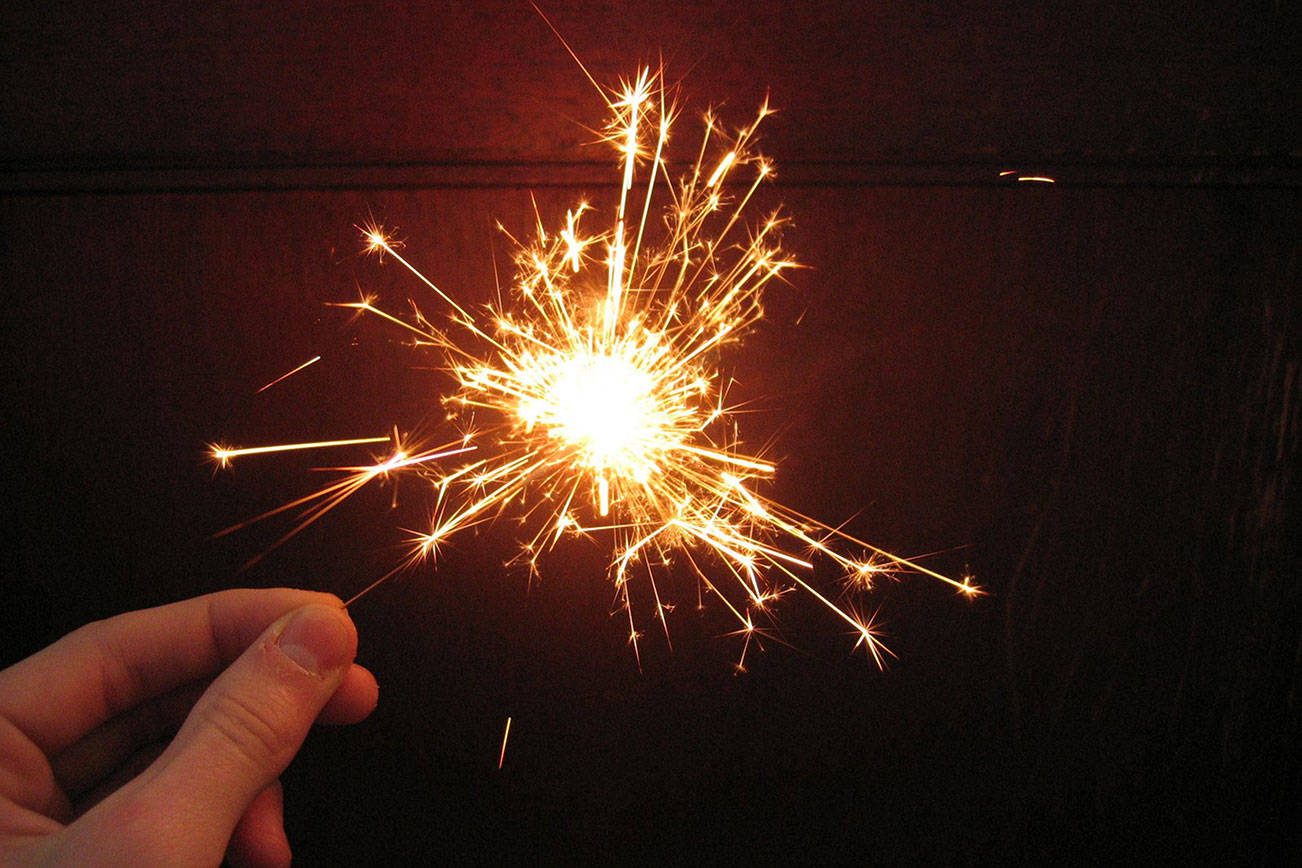Auburn’s leaders say they have heard few complaints about it.
But in the next breath they add that they know residents talk about it in their neighborhood get-togethers, when they’re out shopping, over lunch, especially up to and just after July 4.
That is, fireworks, and what to do about them.
After listening to the Auburn Police Department’s summation of the 2019 fireworks season during a recent City Council study session, council member Largo Wales suggested the city consider banning them.
Bill Peloza picked up that idea and ran with it.
“Around constituents, we shouldn’t be afraid of mentioning the word ‘ban’ just because many people don’t know how to get from A-to-Z-equals-ban. But man, do they talk about it, they love to talk about it,” Peloza said.
Peloza made the comment after hearing police rattle off fireworks-related numbers and statistics, and amid the general acknowledgment of his council peers that something has to be done.
Whatever that something turns out to be, it will certainly require the Muckleshoot Tribe’s agreement, likely a touchy matter as fireworks make the tribe a lot of money.
Council members discussed the problem, tossed out various solutions, and then, following Wale’s lead, directed city staff to compile a report, possibly by late October of this year, detailing whatever positives other area cities that have banned fireworks have gotten out of it.
One council member who, unlike Peloza, has heard a lot of complaints is Yolanda Trout-Manuel, a resident of Muckleshoot Hill. Among those complaints, she said, have been many about people setting off fireworks on the city’s right-of-ways, and what riled residents consider the police department’s lackluster response to their calls.
One person recently complained to Trout-Manuel that on July 4, people across his or her residential street were shooting fireworks out of orange traffic cones toward that resident’s house. People, it turns out, who didn’t even live on that block. And while the resident’s neighbors confirmed that a patrol car did show up in response to the 911 call, the officer did not stop there.
“They’re very upset up there, and we were wondering: can we still arrest those people that are launching on the city’s roads, not in their driveways?” Trout Manuel asked Auburn Police Patrol Cmdr. Dan O’Neil.
O’Neil cited a major issue for police — the discharge area is on tribal trust land, where it is legal to set off fireworks, and there’s nothing police can do there.
But also making it tough for police to enforce the city’s fireworks ordinance, O’Neil continued, is that for an officer to establish probable cause to make an arrest for setting off illegal fireworks, he or she cannot do it on the basis of anyone else’s eyewitness report or evidence — the officer actually has to catch the offender in the act.
Auburn Police Chief Bill Pierson noted, however, that if the person or persons who set off the illegal fireworks are impeding traffic and fail to respond to a police command to clear the way, they could be busted for disorderly conduct.
As for the complaint about poor police response, Pierson said, for about four hours on July 4 officers are responding to one fireworks-related call after another, and that when they head out to the scene and find nothing there, they just move on to the next call.
Cold fact is, the APD has a finite number of police officers it can deploy.
“And if we do make an arrest, and we do confiscate the fireworks, and we do decide to ticket, that one unit is out of service now for probably at least 35 to 40 minutes,” Pierson said.
Wales suggested the city approach the tribe about moving the discharge area east to the White River Amphitheatre.
Pierson said the tribe has been highly responsive to what the city has offered over the years, but Wale’s idea, he said, was a probable “non-starter” at this time.
Council member Bob Baggett had a question.
“I know people who live in the Muckleshoot area … would probably object to this, but have we thought about extending the hours on the discharge area to kind of keep illegal fireworks out of the neighboring community?” asked Baggett.
In 2018, O’Neil noted, the tribe agreed for the first time to close the stands and the discharge area at 10 p.m., but no one anticipated that doing so would simply push celebrants and their kaboom-bangs out into other neighborhoods, so the plan for 2020 is to keep the discharge area open even after the stands close.
“One of the things that we always worked on with the tribe was finding ways to get that discharge area shut down earlier and earlier and earlier because we wanted to end the impact it had on residents who live up there, and they understood it was a priority for us,” Pierson said. “What happened was it went so far the other way this year that we realized, ‘Oh, my gosh, we shut this thing down too soon,’ because now, they get kicked out of the reservation and they just drive down the hill.”


